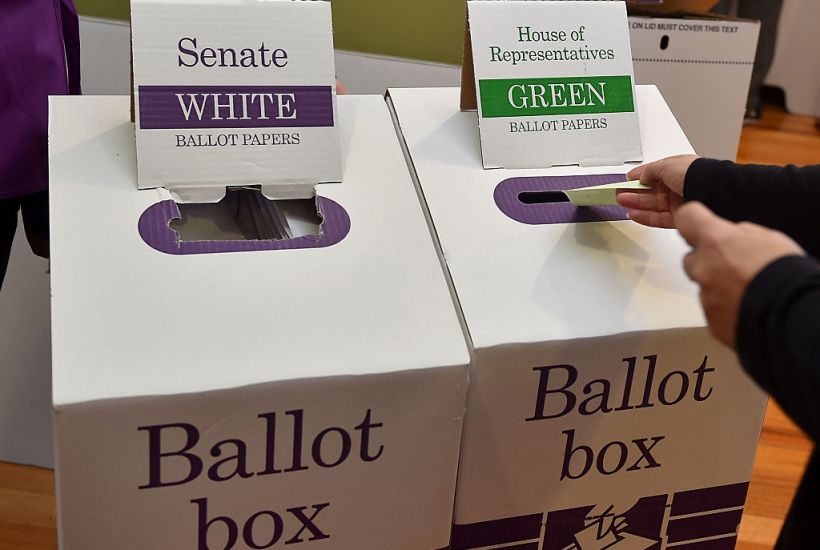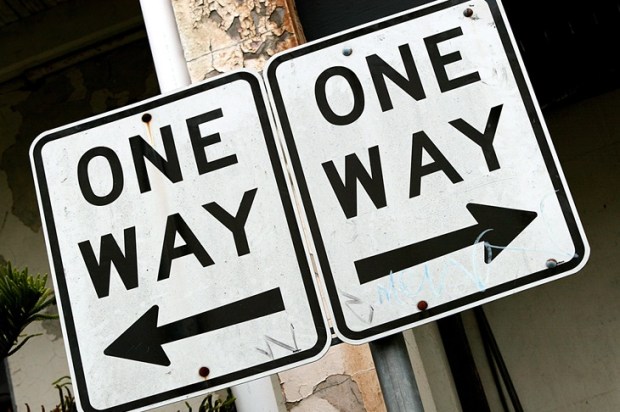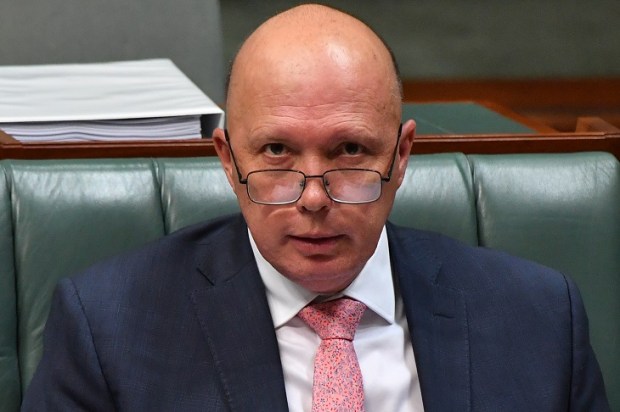Politicians are paid to fight on behalf of their voters but Australian legislation electoral laws major parties a lazy way out.
Optional voting could be the solution.
The most recent Newspoll data has support for “other” parties—those other than the Coalition, the ALP, Greens and One Nation—at a four-year high of 13%. A survey assessing the voting intentions of Australians found the recent spike in popularity of independent and minor parties was largely due to a growing distrust of the major parties on Covid-19 lockdown and vaccination policy.
The shift has hit the Coalition hardest, costing the party a portion of its primary vote with a drop from 44% to just 35% across the year. It appears a vast majority of “other” supporters were drawn to centre-right alternatives, such as the United Australia Party and the Liberal Democratic Party. With the Clive Palmer-backed UAP spending big on advertising campaigns across the country and the LDP slowly picking off disgruntled power-brokers from inside the Liberal Party, it’s no surprise support for an alternative is growing.
Despite the mass exodus, the party refuses to budge to reflect the desires of its supporters. If success at the polling booth depended on popularity among voters, the party would not be able to get away with this—but Australia’s voting laws allow the country’s biggest players to win an election while ignoring its constituents.
Under current legislation, voters must rank their preferred parties in order when they head to the ballot box for the next federal election. The key word here is “must”. While fed up Coalition voters think they are “sticking it to Morrison” by simply writing #1 next to the UAP or LDP, they will always preference the Coalition above Labor.
The Coalition’s response to the topical issue of net-zero emissions illustrates how it need only remain to the right of Labor to retain the vote of the right.
Even placing all minor parties above the Liberals and Nationals bears no actual difference to the final result in a vast majority of seats, provided the Coalition is preferenced above the ALP. In the absence of a third party that polls well enough to win lower-house seats, the Coalition has little incentive to attempt to recoup these votes. So where does their incentive lie? As close to the left as possible to maximise appeal to Labor voters while remaining the only “feasible” conservative option.
How do we break this trend? How do we provide the Coalition with an electoral incentive to champion conservative ideals? The answer lies in optional voting.
Under this reform, frustrated voters would be able to withhold their vote that the major party would ordinarily be able to count on when compulsory preference flows are distributed.
Instead of elections being a battle of who can spin the craftiest rhetoric or run the slickest ads, they could become an opportunity to inspire Australians to exercise their democratic right with policies that align with their values.
In a world where voters are spared the looming threat of a fine for not voting, elections could become more than a mere race to the centre.
Barclay McGain is a researcher at the Australian Taxpayers’ Alliance.
Got something to add? Join the discussion and comment below.
Get 10 issues for just $10
Subscribe to The Spectator Australia today for the next 10 magazine issues, plus full online access, for just $10.

























Comments
Don't miss out
Join the conversation with other Spectator Australia readers. Subscribe to leave a comment.
SUBSCRIBEAlready a subscriber? Log in